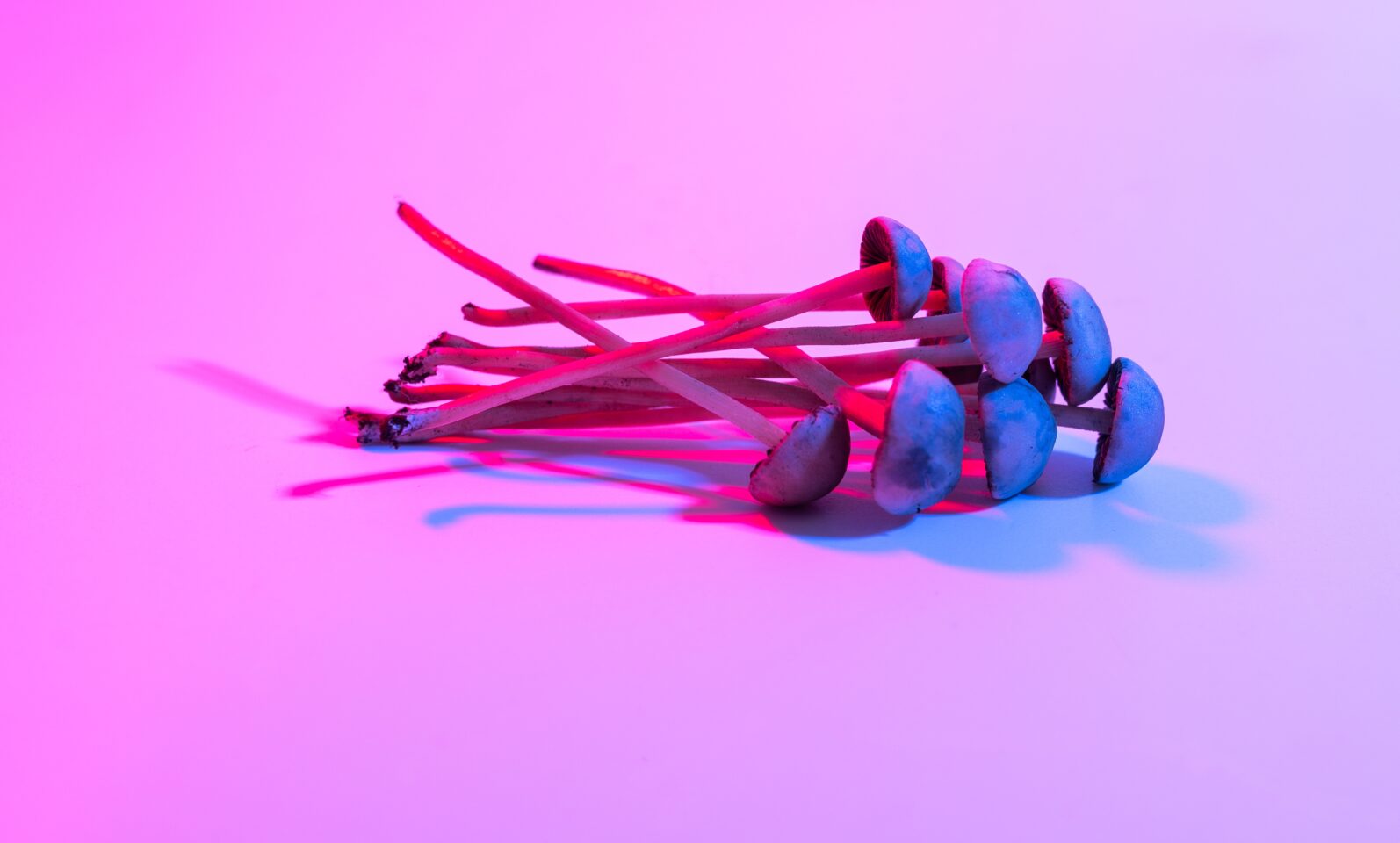Latest research shows that it is becoming increasingly clear that psilocybin, the active psychoactive compound found in magic mushrooms, has promising therapeutic effects on many difficult-to-treat conditions, but it is not reaching the psychedelic realm. Jumping in can be daunting for many.
Similar to past “Reefer Madness” propaganda regarding cannabis, we are dealing with old assumptions that psilocybin and other psychedelic compounds are a recipe for disaster, and that travel is a one-way ticket to psychosis and dangerous mental states. is gradually moving away from it. Health effects.
the study Researchers found that emergency room visits for psilocybin use are extremely rare and that the most common negative symptoms associated with psilocybin use are due to inappropriate thinking, settings, and mixing of substances. I found that there was, and it eventually resolved itself within 24 hours.
Although most medical procedures involve some degree of risk, new research They considered further investigating the notable side effects of psilocybin treatment regarding anxiety and depression. Researchers from the University of Georgia, Larkin University, and Palm Beach Atlantic University published a review in the following paper: JAMA PsychiatryThis included a meta-analysis of double-blind clinical trials on psilocybin treatment for depression and anxiety from 1966 to 2023.
Although the study noted many side effects that would be expected from psilocybin therapy for depression and anxiety, the researchers noted that these symptoms were relatively infrequently reported to others, so they may be more likely to be affected by paranoia. We found no association with or transient thought disorder.
Looking back at past research to learn about the future
“Psilocybin has been studied in the treatment of depression and anxiety disorders,” the authors begin. “Clinical studies have primarily focused on efficacy, and systematic reviews have shown good efficacy. However, none have focused primarily on the safety of psilocybin.”
To assess the side effects of therapeutic doses of psilocybin in treating depression and anxiety, researchers evaluated studies that included randomized clinical trials that compared psilocybin with a placebo group or another comparator. They also grouped doses into low-dose (1-3 mg), moderate-dose (10-20 mg), and high-dose (20-30 mg) categories based on previous clinical data.
Six studies with a total of 528 participants were included in the analysis.
Generally, participants experienced side effects immediately or within 24 hours after psilocybin administration. Contrary to some negative stereotypes surrounding psilocybin and other psychedelic drugs, the study authors found that psilocybin “is associated with a risk of paranoia and transient thought disorder, which is characterized by the sudden onset of psychotic symptoms.” are not related.”
Two side effects occurred in all six studies: headache (incidence 2% to 66%) and nausea (4% to 48%), while anxiety occurred in three studies (incidence 4% to 26%). recorded. The authors noted that estimates of all side effects, except for increased blood pressure, were less than 50%.
Psilocybin causes 'acute adverse effects that are acceptable' and resolve quickly
“An overview of the acute side effects of psilocybin in the treatment of depression and anxiety is needed to help healthcare professionals identify expected side effects and provide effective patient counseling,” the researchers wrote in their discussion. It is stated inside. “…overall results suggest statistically significant incidences of headache, nausea, anxiety, dizziness, and increased blood pressure…Considering psilocybin’s mechanism of action, these side effects may be associated with serotonergic antidepressants. It's expected because it's the same in medicine.”
The study noted that across 128 patients there were three cases of persecutory delusions with high doses of psilocybin, and five patients in two studies experienced transient thought disorder. The researchers noted that all studies used therapists or facilitators to assist patients, which may have prevented complications from becoming more severe.
The researchers added that although the incidence of paranoia and transient thought disorder appears to be low, it is still an adverse effect worth investigating in the future.
“In this systematic review and meta-analysis, therapeutic doses of psilocybin appear to cause acceptable acute side effects that usually resolve within 24 to 48 hours,” the researchers concluded. “However, you should be wary of less common adverse effects, such as paranoia and long-term visual perceptual effects.”
The study authors also encourage further investigation with larger trials to fully assess the adverse effects of therapeutic psilocybin use, especially on populations with comorbid health conditions. They also suggest further research focusing on the effectiveness of drugs, alternative treatments in symptom management, and the role of qualified therapists in managing side effects.
“Recommendations for the desired acute side effects include, at a minimum, headaches, nausea, anxiety, dizziness, paranoia, changes in blood pressure and/or heart rate, effects on visual perception, physical discomfort, and mood changes. should be included.”




